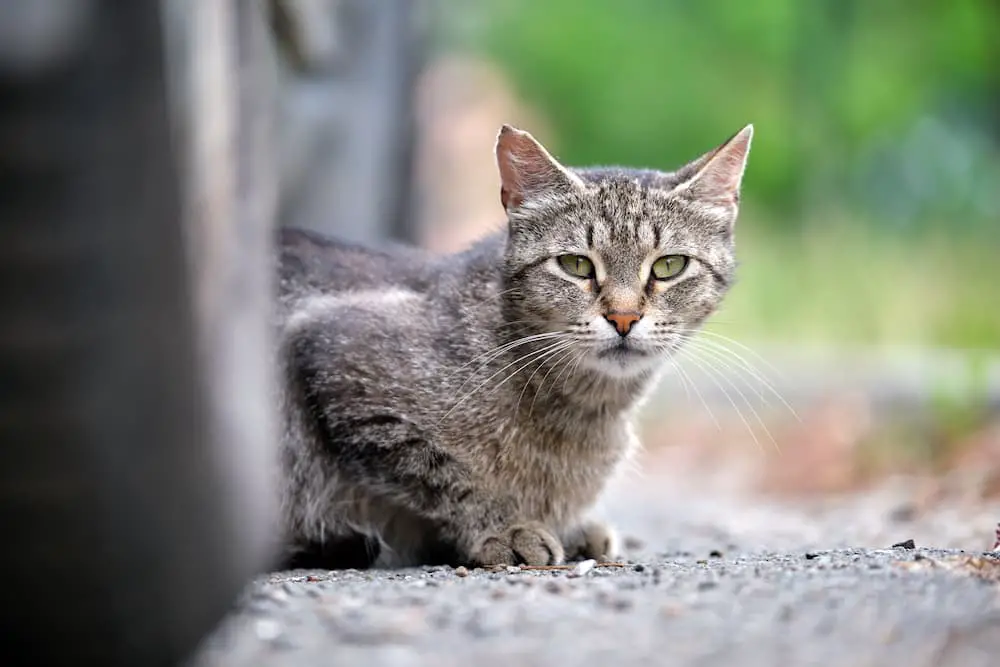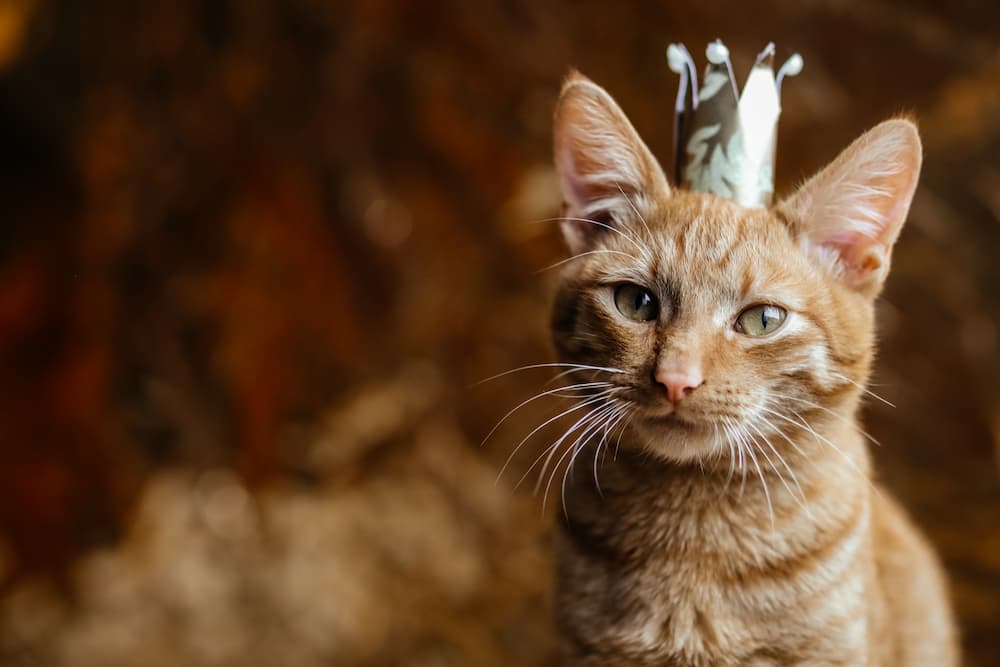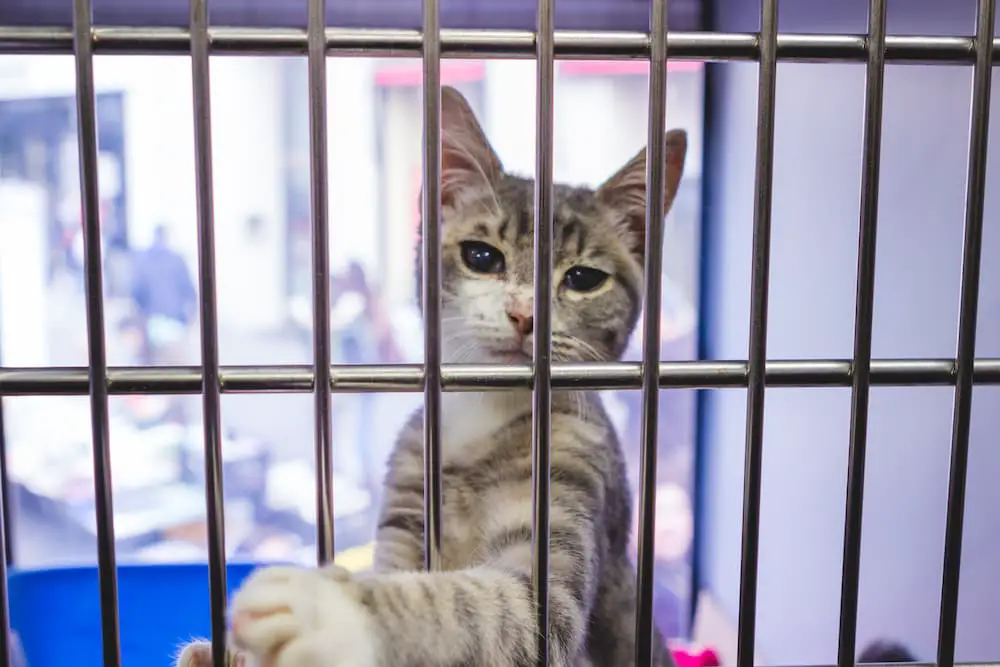At first glance, Sphynx never fail to get a reaction from people. Some love their bald, wrinkly bodies, some are fascinated by them, and still, some find them strange and ugly! From their chamois soft skin to their curious and friendly personalities – it’s a good thing these furless felines love attention because they draw it wherever they go!
Here are 6 things you might not know about these intriguing cats:
1. Sphynx Cats Aren’t from Egypt!
These cats were named after the famous cat-like statue in Egypt, but that’s not where they came from.

Modern-day Sphynx cats actually originated in Canada! The result of a spontaneous genetic mutation, a hairless kitten named Prune was born in 1966 to a black and white domestic cat in Toronto, Ontario. The kitten’s owner recognized that Prune was unique, so he was bred to other cats in an attempt to create more hairless kittens. Because hairlessness is a recessive gene, some of the kittens had hair, while others did not. These kittens were originally called Canadian Hairless Cats, which some people referred to as Sphynx cats, due to their physical similarities with the ancient Egyptian cat sculpture, the Sphinx. In the late 1970s, more hairless kittens were found in Minnesota and Toronto and they were also bred. The Sphynx breed can trace its entire history back to the offspring of these cats.
2. Sphynx Cats Aren’t Actually Hairless
Yes, Sphynx cats appear to be naked – but if you touch one, you’ll find that their bodies are actually covered with a very short, thin layer of fuzz that makes them feel like a warm peach!

They may also have fur on their faces, the backs of their ears, on their feet, and on their tails.
Ever wondered what your cat would look like with no fur? The markings on a Sphynx’s skin mimic the markings they would have if they had fur, and Sphynx can come in any color combination that you’d find on a furry cat – points, tabby stripes, and spots! Sphynx typically don’t have whiskers, either.
3. Despite Being Naked, Sphynx Cats Aren’t Low Maintenance
That’s right! Naked cats need to be groomed, too! No, they don’t have fur to brush daily, but that lack of fur means there’s nothing to absorb their natural body oils – so they need to be bathed from time to time.

Hairlessness also leads to a build-up of oils in their ears and on their nails, so regular ear cleaning and nail trims are essential. While most cat parents scoff at the idea of bathing a cat, Sphynx that are given baths from the time they are kittens get used to it and are typically very well-behaved. Some of them even enjoy it! Just be sure to use a shampoo that doesn’t strip the Sphynx’s natural oils.
4. Sphynx Can Get Sunburn
Because of their obvious lack of a fur coat, Sphynx are particularly susceptible to sunburn. That said, they are also heat seekers and will sit all day in a beam of sunlight! So, Sphynx parents should be vigilant and limit the amount of sun exposure their furless felines get.

Because of their sensitivity to the sun (and any extreme weather for that matter), Sphynx should be kept indoors and only allowed outside under constant supervision. It may be tempting, but never put sunscreen intended for humans on your Sphynx. Many Sphynx parents put sweaters or t-shirts on their cats to protect them from sunlight or extremely cold temperatures.
5. Contrary to Popular Belief, They Are Not Hypoallergenic

If you’re a cat-lover who’s allergic to your feline friends, a Sphynx kitten is probably not the answer to your problem. Despite belief to the contrary, Sphynx cats aren’t actually hypoallergenic. They still produce Fel d1, the protein in cat saliva and skin secretions that makes you sneeze and your eyes itchy and watery.
6. Sphynx Cats are Actually Really Popular
While you may not have had the pleasure of actually seeing or touching a Sphynx cat in real life, they aren’t as rare as you might think. Sphynx are actually one of the top 10 most popular cat breeds!

Do you share your home with a Sphynx cat? Let us know in a comment below! And if you liked this article… pin it!








